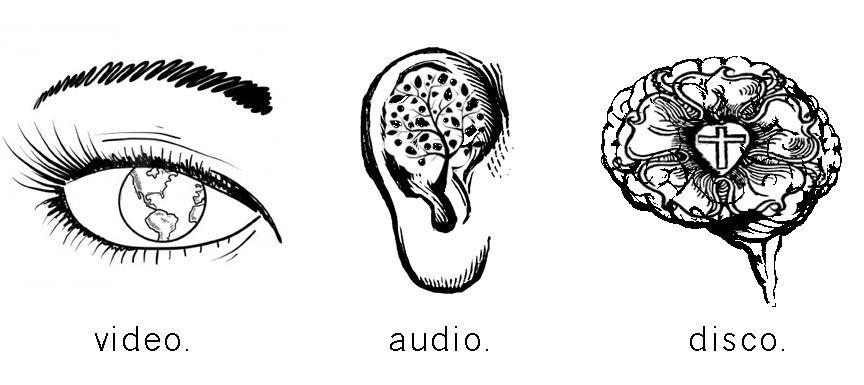My favorite children's book is called Alexander and the Terrible, Horrible, No Good, Very Bad Day. What a title! Not only does this book's title invite its readers into the mysterious and unfortunate world of Alexander, but it also plays on what turns out to be an ironic twist - a twist that I will not reveal here for the sake of the author, Judith Viorst.
So many other great stories have titles loaded with meaning: To Kill a Mockingbird, A Good Man is Hard to Find, The Jungle, Animal Farm, Heart of Darkness, and others. All of these authors knew what they were doing in constructing the title of their narrative. I would like to suggest that the author of the Gospel of Mark has done the same.
Mark 1:1 is not exactly the first "verse" of Mark's Gospel, but rather his title. It reads: The beginning of the good news of Jesus Christ, the Son of God. And, like the various titles listed above, it is loaded with meaning.
Firstly, the term "good news" in the culture of the day was a term used to announce the victory over an enemy, birth of a son, or a wedding (interesting that all three of these are applicable in the case of Jesus). The Greek euangelion can be found in countless Roman texts describing the actions of Caesars. For example, the birth of Caesar Augustus was euangelion, or good new; the enthronement of Emperor Gaius was good news; and the accession of Vespasian was good news. Knowing this allows us to see how subversive Mark was in titling his narrative about Jesus as the euangelion of Jesus Christ.
The term euangelion is found in the OT in its verb form (Isaiah 40:9-10) to refer to the One who brings tidings of good news in relation to the restoration of Jerusalem. Yet another way that Mark's readers would hear this term and immediately make a connection with, not the caesar, but the Messiah.
Secondly, Mark uses the term "Son of God" as not only another way to subvert the secular empire, but also as a way to emphasize the Jewish connection to the Davidic King, the Messiah for which Israel had waited. It is interesting that, despite popular interpretation, Mark did not use the term "Son of God" to stress Jesus' divinity; in fact, Mark doesn't even include a birth narrative. Most Jews of Jesus' day did not expect the Messiah to be divine anyway, so it seems that Mark has focused (at least in his title) on the fact that Jesus is Israel's long-awaited Messiah, and He is LORD; and Caesar is not.
The OT provides a handful of references to the Messiah as the Son of God (2 Sam 7:12-16; Psalm 2, Dan. 7). More important than Jesus' divinity was Jesus' authenticity as Israel's King. Because the term "Son of God" was known in Judaism as a metaphor for the Messiah, Mark's readers did not necessarily interpret this title as divine, but rather as the One Whom God would send to save Israel. And thus, the hearers and readers of Mark's narrative would immediately make the connection that this man is the same One about whom the OT wrote. (Obviously this is still a much disputed fact today and remains the very reason why Jewish and Christian believers hold such differing views about Jesus. However, we must see Mark's context as grounds for strong support for the Davidic Kingship and Messiahship of Jesus)
In addition to this link to the Davidic King, the term "son of god" was also used as a title for Roman emperors and pharaohs. Again Mark is getting to the point: Jesus is the Son of God and the emperor is not.
Audacity is an understatement here, folks. Mark opens his narrative about Jesus with BOLD language! All of this makes me wonder how it is that Christians today ought to title the good news of Jesus Christ, Son of God.
"Mission Accomplished: The Story of Our Commander in Chief, Jesus Christ"
"Jesus, President of the Kingdom of God"
"The Beginning of the Campaign of Jesus, the Maverick of God"
"In Jesus We Trust: Novus Ordo Seclorum" (Meaning "New Order of the Ages" -writing that can be found on a dollar bill)**
These are just some quick ideas, but perhaps we can invent some new ways to proclaim the good news of Jesus Christ, Son of God for hearers and readers today. This would no doubt make our great brother Mark proud.
** Notice how difficult it is to be subversive when Christianity has itself taken on the role of the empire. The effects of Christendom are dangerous and difficult to combat!
